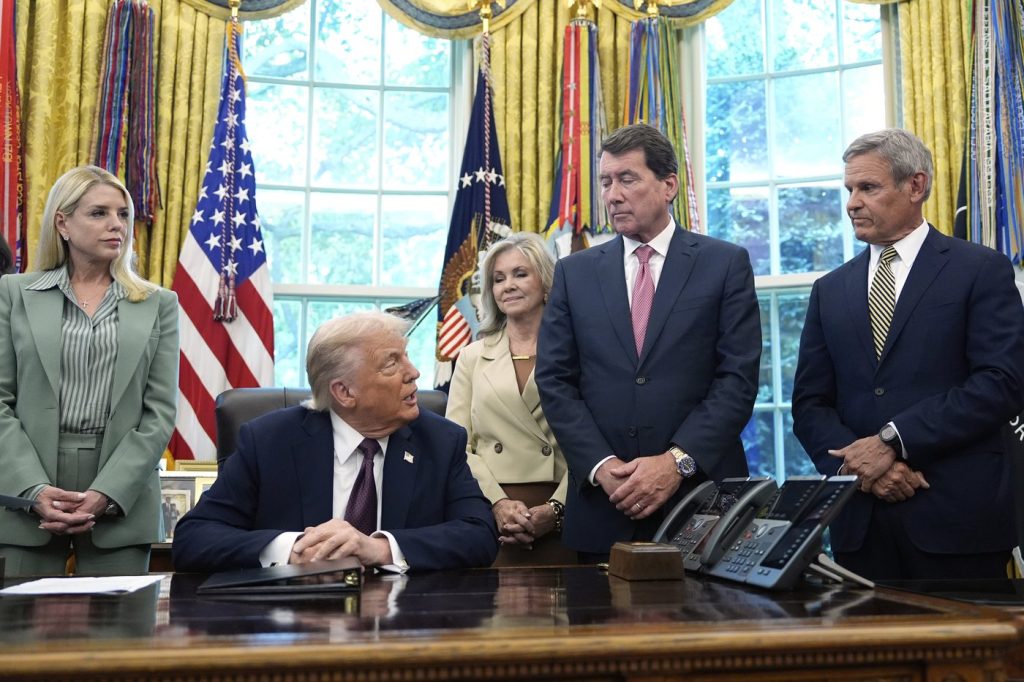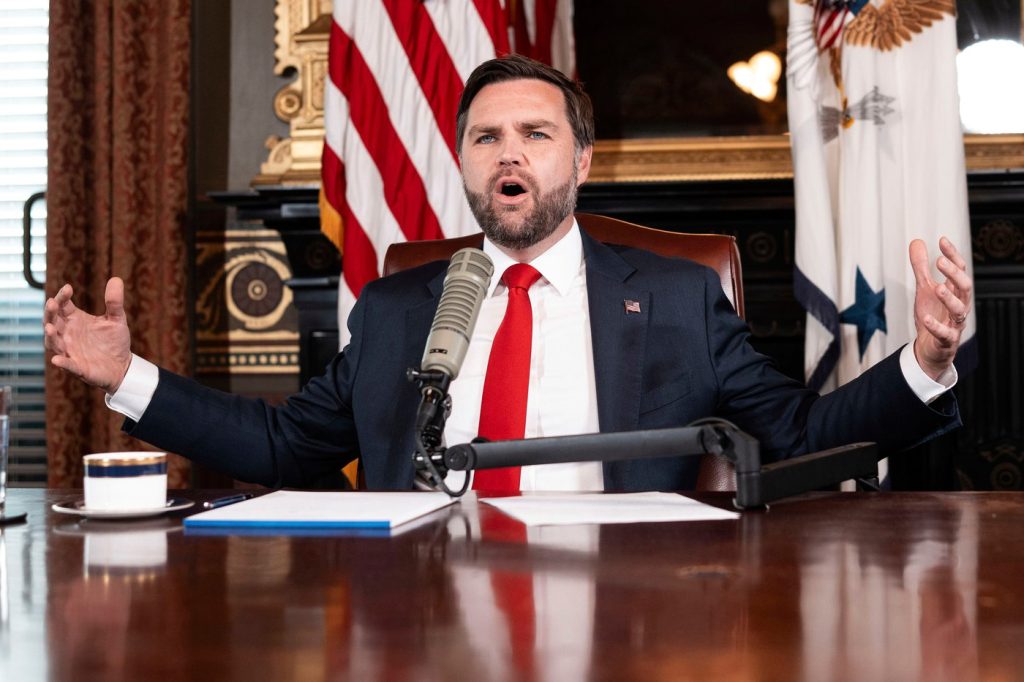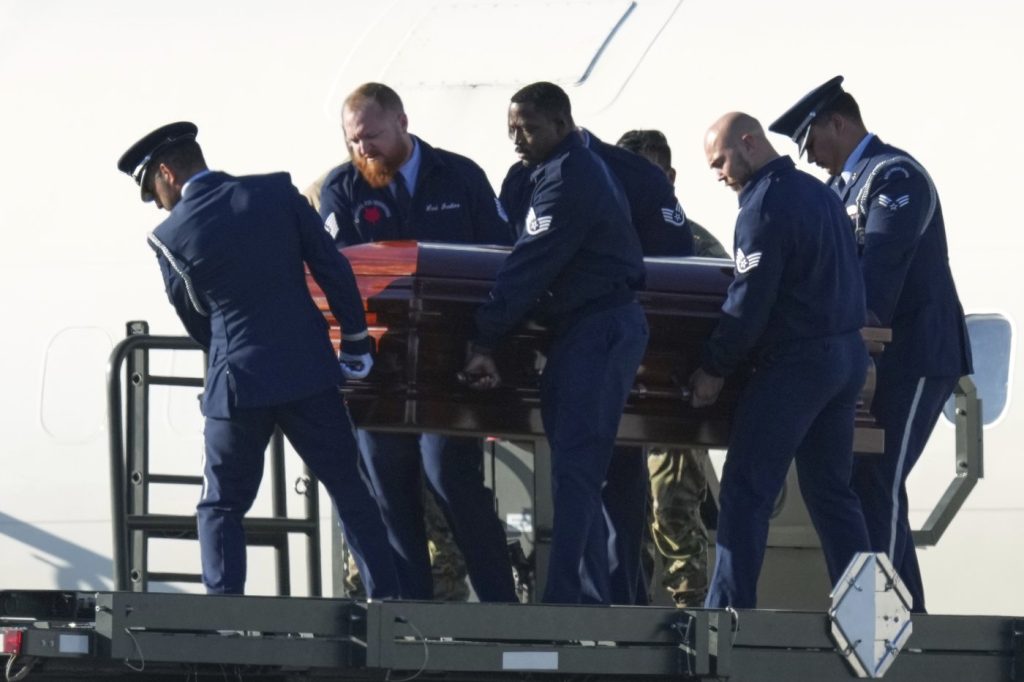On Monday, President Donald Trump announced the deployment of the National Guard to Memphis, Tennessee, in a bid to combat rising crime rates in the city. This action marks another instance of the president testing the boundaries of his authority by using military forces in U.S. cities. Trump made the announcement during a visit from Tennessee Governor Bill Lee in the Oval Office, framing the intervention as a "replica of our extraordinarily successful efforts" in Washington, D.C.
The president's comments referenced a prior deployment of National Guard troops to the nation’s capital, which he claims was effective in reducing crime there. Alongside the National Guard, federal agencies such as the FBI, the Drug Enforcement Administration, Immigration and Customs Enforcement, and the U.S. Marshals Service will also participate in this initiative in Memphis. “We’re sending in the big force now,” Trump stated, signaling the scale of the operation.
Just before the announcement, the White House indicated via social media that Memphis's total crime rate exceeds the national average, suggesting an upward trend compared to the previous year, despite conflicting reports from local law enforcement. Memphis police recently reported decreases in all major crime categories during the first eight months of 2025 compared to earlier years, with overall crime reaching a 25-year low and homicides dropping to a six-year low. Nevertheless, the city has been grappling with persistent gun violence, exemplified by a record 390 homicides recorded in 2023.
Tennessee Governor Bill Lee supported the National Guard deployment, framing it as a necessary component of a larger law enforcement effort to tackle crime in Memphis. He expressed his frustration, stating, “I’m tired of crime holding the great city of Memphis back.” This sentiment reflects growing concern among local leaders regarding the city’s safety and the implications for its residents.
Trump initially hinted at the deployment on Friday, facing pushback from Memphis's Democratic Mayor Paul Young, who stated he did not request the National Guard’s assistance and questioned whether such an approach would effectively reduce crime. Despite acknowledging the city’s struggles, Young emphasized the need for local solutions rather than federal intervention, stating, “We remain high on too many bad lists.”
Speculation had previously surrounded the idea of deploying the National Guard to Chicago as Trump’s next move, but the president faces opposition from Democratic Illinois Governor J.B. Pritzker and other local officials. During the announcement, Trump indicated that action in Chicago might follow but would not be immediate, indicating a desire to “save these places,” while also mentioning St. Louis and Baltimore as other cities of interest, though he did not confirm any future deployments there.
This latest decision by the Trump administration reflects ongoing tensions between state and federal authorities regarding crime control and the role of the military in domestic law enforcement. As the situation evolves, the implications of deploying military forces to U.S. cities remain a contentious topic, particularly in areas like Memphis already navigating complex issues surrounding crime and community safety.












